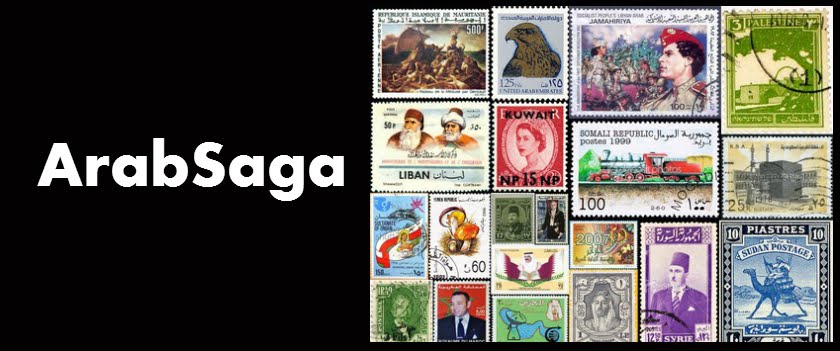 |
| Artwork by William Al Jazairy (see "They destroyed me for good, but I'm staying put" |
By political analyst Sarkis Naoum,
writing
today for Beirut’s daily an-Nahar
President Bashar al-Assad’s key allies in Lebanon
seem unperturbed by the bloodbath going on in Syria since mid-March 2011.
From their daily monitoring of events, they know that
Assad is unable to finish off the revolution soon despite using all his
military and paramilitary personnel and overwhelming airpower.
But they also know that Assad’s armed opponents are
unable to defeat him for a number of reasons:
One, they
are divided into three oppositions – one based abroad, another inside Syria and
a third residing in Damascus and collaborating with the regime.
Two, the
Free Syria Army’s lack of success in building a unified military force capable
of overcoming Assad and his regime. The FSA remains a cluster of disjoined battalions,
each operating in a particular area, city or village. The FSA critically lacks
military gear and means of communication. Weapons received from Arab and
Western allies allow the FSA to hold its ground against Assad without possibly
defeating him.
Three,
Russia’s support of Assad politically as well as through its supply of weapons,
means of communications and possibly experts.
Four, the
fact the Islamic Republic of Iran considers Syria hers. A loss or victory by
Assad’s Syria is her own. Consequently, the Islamic Republic does not hold back
any funds, military hardware, manpower or expertise from Assad despite being
caught up in the economic mess of American, European and international
sanctions.
Five, the
U.S. administration’s refusal to intervene militarily – though knowing it could
topple Assad’s regime singlehandedly – because Americans don’t want such
intervention either before or after the presidential elections for fear of the human
and economic burden. Americans have not forgotten losses of the Iraq and Afghan
wars. They don’t want to get involved in a new war in the middle of an escalating
global financial crisis and internal economic problems that are not going away.
Six,
Russia and China’s refusal to let the UN Security Council mandate a U.S.-led
military campaign against Syria that would topple the regime and its head.
Seven, the
U.S. administration’s refusal to meet what it considers “the high price”
demanded by Russia to drop Assad. This drove high-ranking Russian officials to
tell Assad and his Arab opponents words that comfort him and worry his
opponents – words such as, “Our alliance with Assad’s Syria mirrors America’s
alliance with Israel.”
Eight,
America, has no qualms about ingathering “Muslim terrorists” in Syria, albeit
to be wiped out by Assad, which would be a boon for the region and the
post-Assad new Syria.
Nine and
last, Syria’s key Lebanese allies probably think the Syria saga is drawing to an
end, especially after Egypt’s “Muslim Brotherhood” President Mohamed Morsi
launched his quartet (Egypt-Iran-Turkey-Saudi Arabia) initiative. The initiative
risks becoming tripartite should Saudi Arabia opt out, Riyadh’s objective being
– as Qatar’s -- to oust Assad and his regime at any cost. Turkey – given its
problems with the Kurds and the opposition and the disquiet, if not anger, in
its army ranks – might bury its old ambitions and make common cause with Egypt
and Iran to put the Arab house in order.
Are the nine aforesaid persuasions of Syria’s allies well-founded?
Some of them may be tinged with slight exaggeration
or wishful thinking – except in what concerns Russia and Iran.
Russia, a great power today and a superpower for much
of the 20th century, will cling to Assad so long as it does not bag
a sizable bounty to drop him, even if the territory controlled by his forces shrank.
The same is true of Iran.
Shrinkage leaves the pair sufficient terrain and forces
with which to fight another day for strategic gains. The pair won’t mind accusations
of partitioning Syria. Nor would this harm Israel, which would get Syria off her back all through the decades Syria needs to rebuild, if at all.
